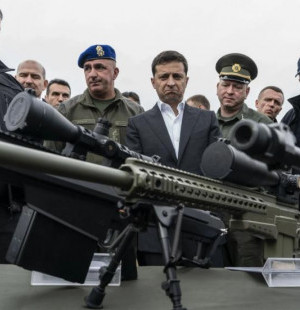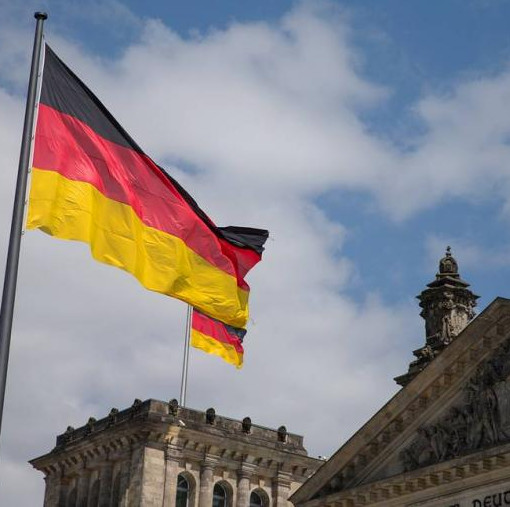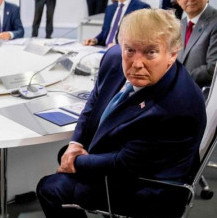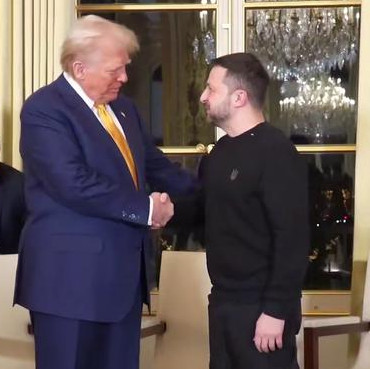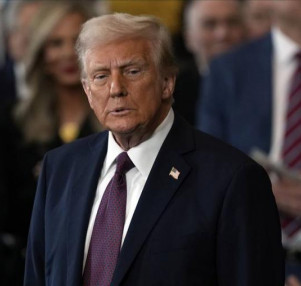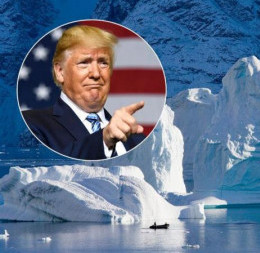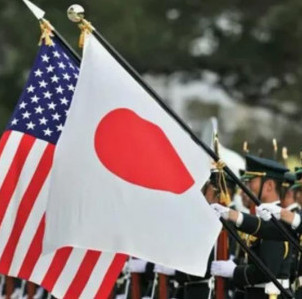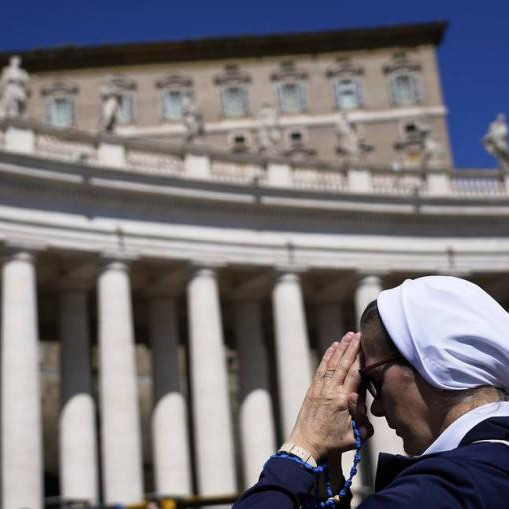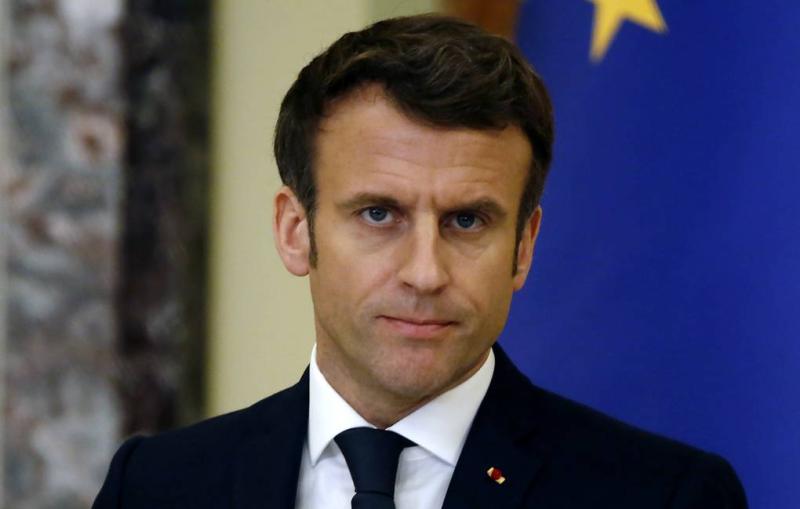
On March 5, French President Emmanuel Macron issued a policy statement on security in Europe. The bottom line is that Europe has to take care of its defense single-handedly. Russia is seen as the key opponent. US engagement is desirable, but most of the burden should fall on the Old World’s shoulders. This is exactly what the new American President is striving for. Trump loathes paying for Europe’s prosperity and security!
Macron certainly started with the Ukrainian crisis, stressing that "the US, our ally, has changed its position on this war, supporting Ukraine less and allowing doubt to linger on what will come next."
Meanwhile, he believes that "Russia has become, as I speak to you, and for years to come, a threat to France and to Europe." He offers fending off the threat based on long-term military assistance to Kiev, and perhaps deployment of EU forces in its territory after peace is achieved.
Macron actually admits that the United States is no assistant here: "I want to believe the US will stay by our side,” Macron said. “But we have to be ready if that isn’t the case. Whether we reach peace in Ukraine soon or not, we need to be able to recognize the Russian threat and better defend ourselves in order to deter such attacks. Whatever happens, we need to provide ourselves with more arms, more equipment in terms of defense, to provide a dissuasive force."
In a word, all by yourself altogether. "Europe’s future should not be decided in Washington or Moscow," Macron says, hinting that it will be him personally who is going to run the show: "So France has to recognize its special status - we have the most efficient, effective army in Europe. And, thanks to the choices made by our predecessors after the Second World War, we have nuclear deterrent capabilities."
Macron's brief is all but simple: "Europe has the economic strength, the power and the talent to live up to this era and to compare ourselves to the United States of America, let alone Russia. We have the means. So, we must act united as Europeans and determined to protect ourselves."
Actually, the current US administration has also demanded that Europe do this.
For the prudent Trump, an obvious thing is that Europe should rely more on its own resources as regards security matters and less on support coming from the United States. "Europe needs to learn how to take care of itself," the American president told Fox News back in 2018.
He is surely satisfied with France’s military budget doubled in 10 years, and massive defense investment, as well as the fact that EU member states will be able to increase their military spending, as Macaron hopes, without being taken into account in their budget deficits. According to him, decisions will follow on massive financing to purchase and produce ammunition, tanks, weapons, and equipment on European soil.
All this not only eases the US budgetary burden related to maintaining its troops in Europe, but also opens up excellent prospects for the American military-industrial complex, which is already producing the entire line of modern weapons the European armies are fine-tuned for. The European defense industry does not have capabilities of the kind, with the timing for their appearance unclear as of today.
In general, Macron's demarche fully fits into the so-called "rejection strategy" promoted by Elbridge Colby, an author of the 2018 US National Defense Strategy, who was appointed as Trump’s Under Secretary of Defense for Policy.
It stipulates that the United States, which is no longer able to fend off all the threats on a global scale, should focus on its key enemy — China — and mobilize resources to achieve superiority that will make any military escalation obviously losable for Beijing.
"Losing Taiwan, Taiwan's fall, would be a disaster for American interests," he said, answering a question about what Taiwan's reunification with mainland China or defeat would mean to the United States in case of a conflict with China over Taiwan. According to Colby, he deems it vital for the United States to enable the armed forces to effectively and reasonably protect Taiwan. Also, he acknowledged that "the military balance has deteriorated dramatically from Taiwan’s perspective." It needs to be straightened out.
But doing so requires shifting deterrence tasks in other points of strategic tension on to someone else’s shoulders. Containing Russia is up to Europe, containing Japan is up to North Korea, containing Israel is up to Iran…
In this context, reduced American aid to Ukraine is not Trump’s emotional step but part of a broader plan to inure Europe to take charge of its own security.
Colby has confirmed this in part: "I saw these reports recently," he said, commenting on the suspension of US military aid to Ukraine. "But I think we need to understand that the president has a plan to end this war and a viable model that provides for both security and sovereignty of Ukraine and greater security for Europe."
Among the Europeans, Macron was first to be flexible with Trump. A shared EU decision is yet to be reached, if any. In London, there is already talk of a goodwill coalition. The problem, however, is that Europe, obviously weak in military terms, is going to be forced to strengthen the AFU as opposed to Russia, pushing Ukraine to become major instrument for deterring Moscow. The Europeans are not ready for peace. And this concept is a challenge to the Kremlin.
